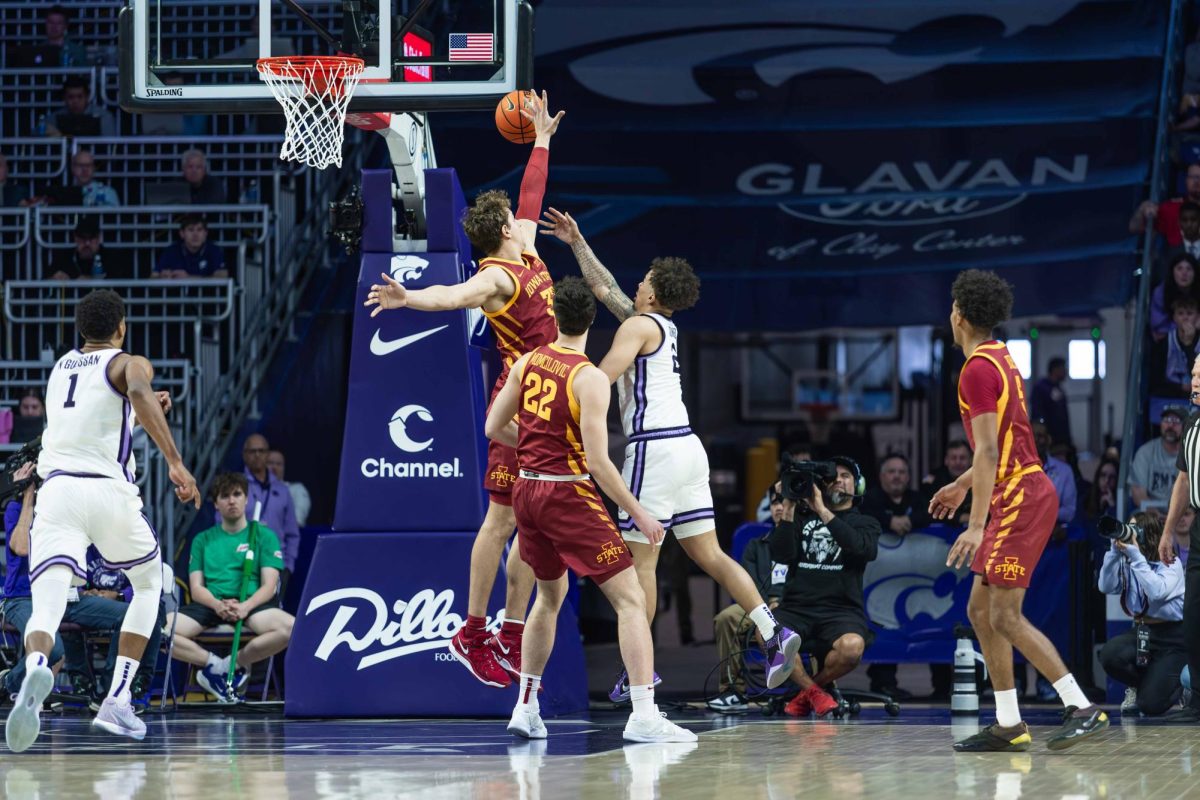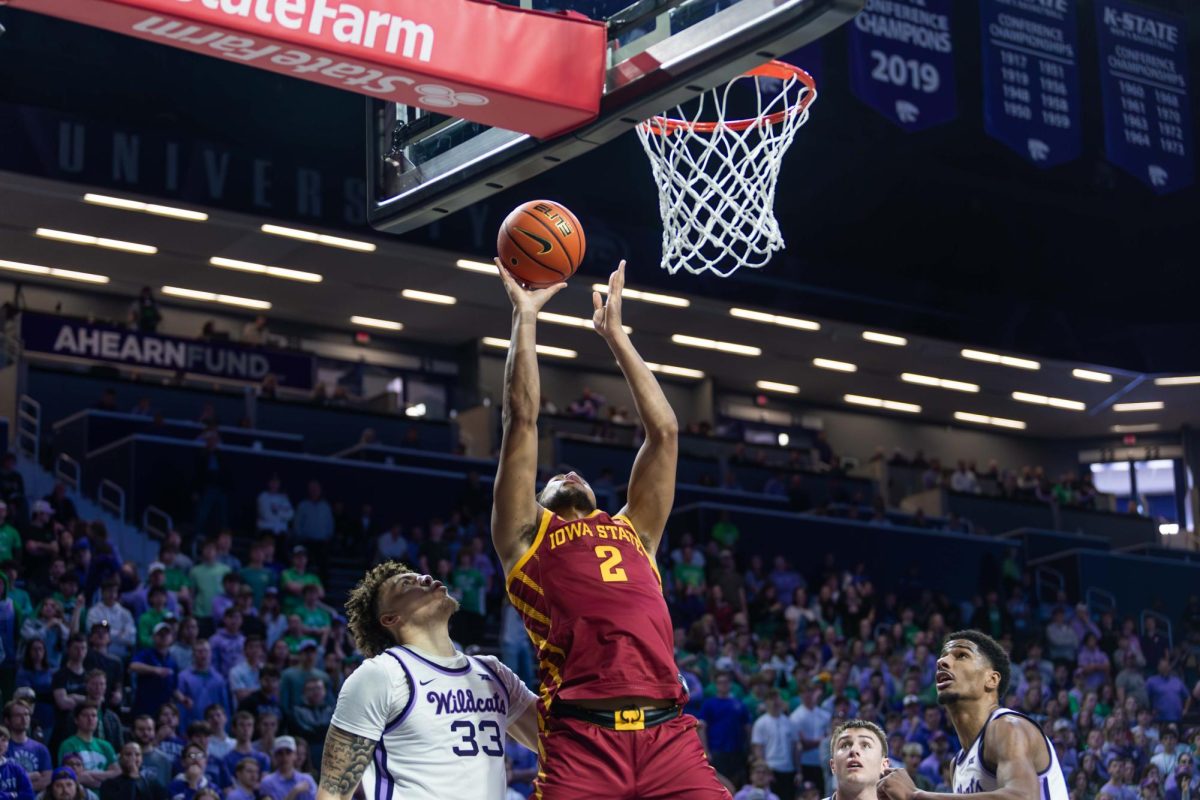Learning math minute by minute
September 7, 1997
Math has been a sore subject for some students, but thanks to a new, extremely brief math test system, teachers at Ankeny High School can find out exactly what students need help with.
Developed by Anne Foegen, assistant professor of curriculum and instruction at Iowa State, the “four-minute math test” is currently being used by sixth and seventh grade-level students at Parkview Middle School in Ankeny.
The idea for brief math tests was part of Foegen’s research for her dissertation.
There are two types of math tests used by the teachers. One is a typical addition, multiplication, subtraction, division test, the other a practical “estimation” test.
“They’re [the math tests] actually an extension of my research project,” Foegen said. “They are curriculum-measurement tests used by middle school students to help track their academic growth in the area of mathematics.”
Foegen said the tests can help show teachers which students are strong with general math concepts, and which students need some help with their math skills.
The project has been funded by a grant awarded to Foegen through ISU’s College of Education.
A staff of graduate students help Foegen correct the students’ tests, which are standard mathematics tests, not multiple-choice tests on scan-tron sheets. The only difference is these tests take only about ten minutes of class time.
“One of my graduate students actually ended up being a teacher at Parkview, and she was familiar with my research,” she said. She said several of the teachers seemed interested in the program, and after parental permission slips were distributed the four-minute math tests were implemented.
“Several parents did not want us to have access to the students’ ITBS math scores, but that wasn’t a problem,” Foegen said.
ITBS, the Iowa Test of Basic Skills, which is used in elementary and middle schools throughout the state, is another general indicator of a student’s aptitude in mathematics.
But ITBS tests are taken in October, and the scores are not received back until January. With the four-minute math tests, results are given twice a month and approximately 20 times a school year. Therefore, a teacher can recognize right away if a student is having problems grasping a math concept.
The four-minute math tests were experimented with last spring. The experiments confirmed that the general math tests coincided with the student’s abilities in math.
“The tests provide a general, not detailed, quick sketch for teachers on their students’ general abilities in math,” Foegen said. “With most teachers having about 120 to 150 students, the tests give teachers a realistic impression of what their students can do.”
Because the tests do not factor into the students’ grades, there is relatively little pressure on the students who take the tests.
Foegen even said that several have said they “really enjoyed the tests . . . they even said they were fun.”
Although the test scores aren’t figured into the students grade, Foegen said some student have found the time limit of the tests challenging.
She said after one or two tests almost all of the students adjust.
The results have been very positive for both Foegen’s research and the students.
“This study provides the classroom teacher with more and more opportunities for using alternative assessments with the kids,” Danielle Chappell, principal at Parkview Middle School, said in a press release.






